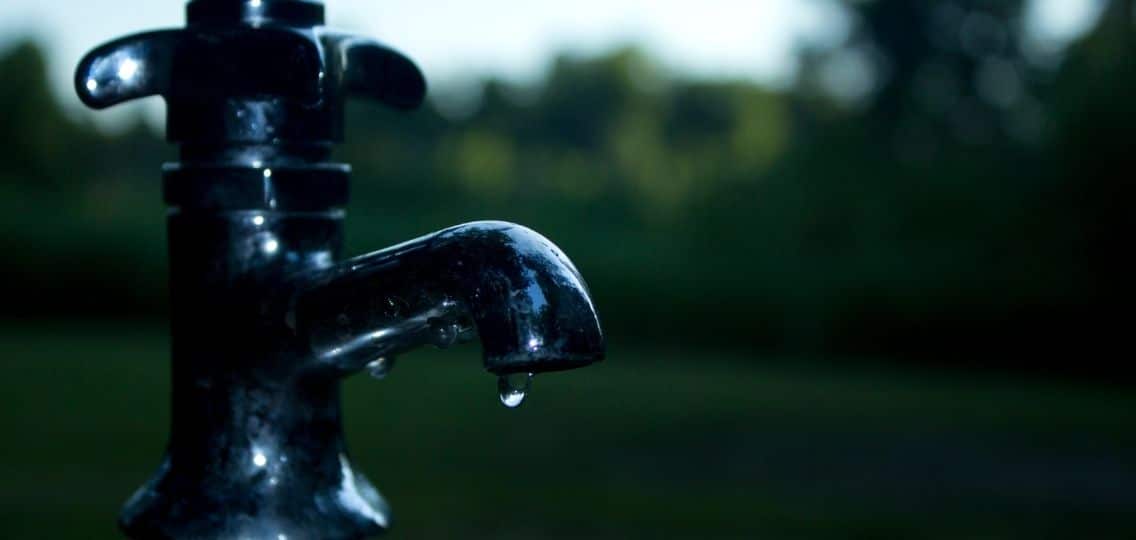Water is a common resource shared by all. The government must respect public rights to water by managing it as a public trust, for the benefit of current and future generations. That is the argument Ecojustice has made in submissions to the Environmental Review Tribunal as part of Nestlé’s ongoing appeal against mandatory drought-based restrictions in the permit for its well near Hillsburgh, ON.
The well pumps up to 1.113 million litres of water per day out of the best bedrock aquifer in southern Ontario to supply Nestlé’s water bottling plant in Aberfoyle. Nestlé and the provincial Ministry of Environment have struck a deal that would end the appeal and effectively remove the mandatory drought-based restrictions from Nestlé’s permit. Ecojustice believes this move is inconsistent with the public trust doctrine and Ontario’s water
regulation.
What is the public trust doctrine?
The public trust doctrine is a legal concept. It holds that certain natural resources, including groundwater, belong to all Canadians and cannot be privately owned or controlled. This is because of water’s inherent importance to each individual and society as a whole. Restricting the amount of water Nestlé can pump during drought conditions shows the government respects its role as a “trustee” of our common water resources by protecting them for the benefit of current and future generations.
What happens now?
The proposed agreement must be approved by the Tribunal before it can take effect. Nestlé and the Ministry now have a chance to reply to our argument. The Tribunal will then decide whether to accept or reject the proposed settlement agreement. The stakes are high – rejection would mean the case goes to a full hearing, while acceptance would mean the end of the appeal. If the Tribunal rejects the agreement as inconsistent with the public trust doctrine, it would mark the first successful application of that legal concept in Canada.
How did we get here?
In February, Ecojustice represented the Council of Canadians and the Wellington Water Watchers in their successful applications to become parties in Nestlé’s appeal. As parties, the two public interest groups gained the right to assess and challenge any proposed settlement agreement between Nestlé and the Ministry.


